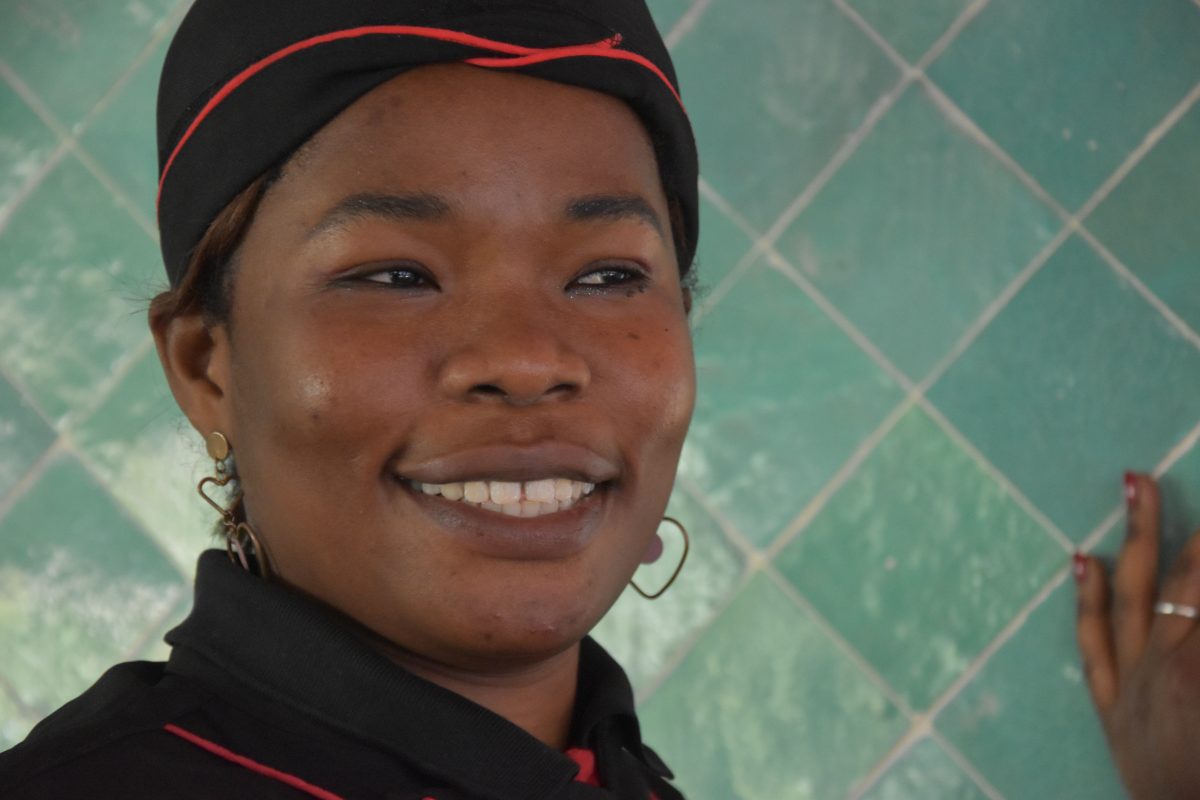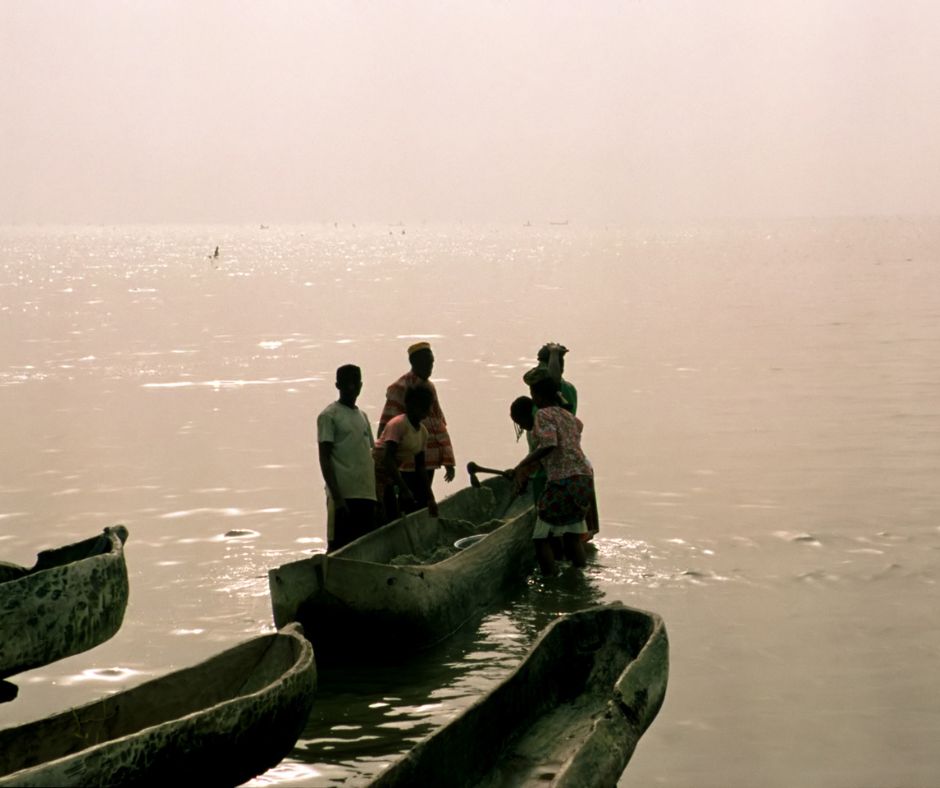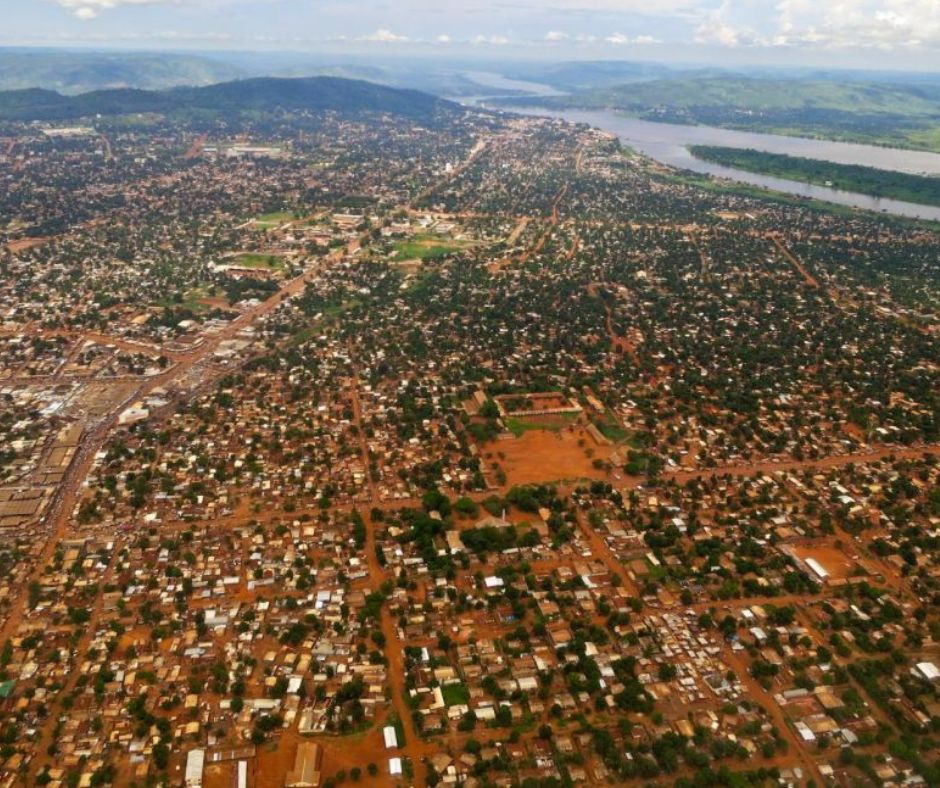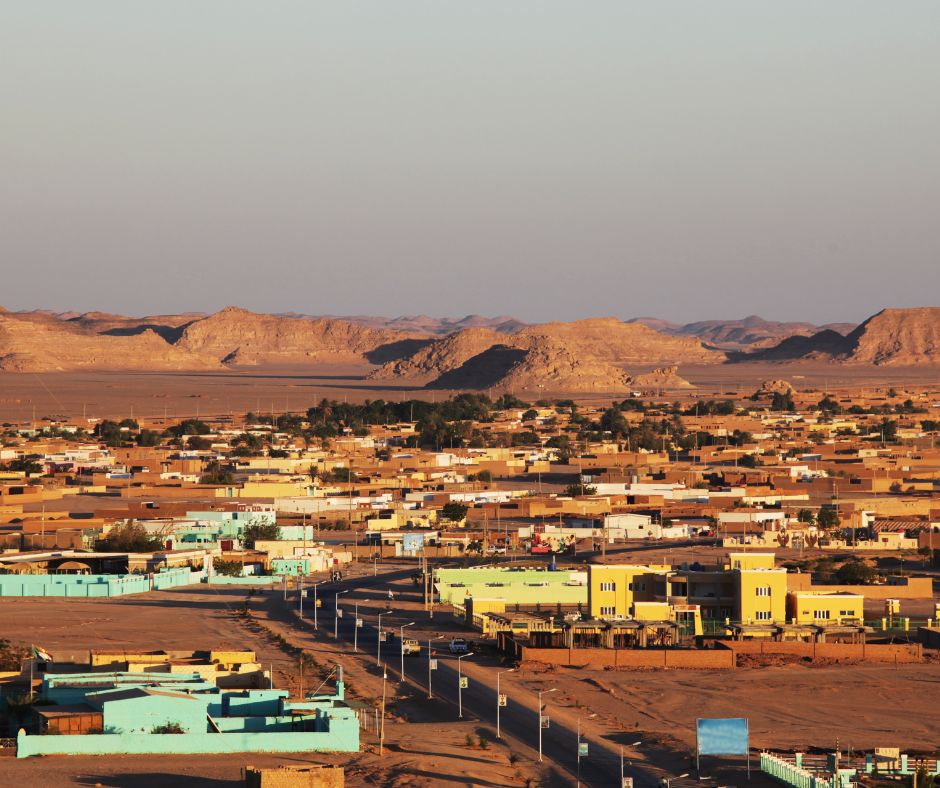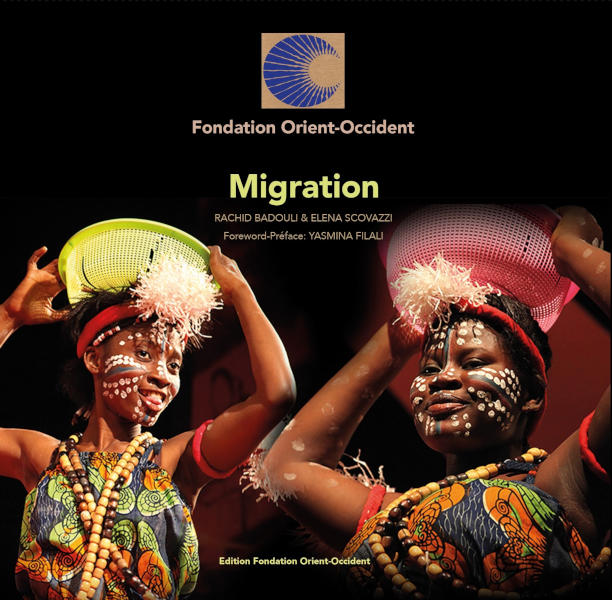“In Morocco, we strongly feel xenophobia against sub-Saharans.”
The 34-year-old La Canadienne left her country, the Ivory Coast, with her husband and children because of war in 2010. Once they arrived in Togo they had to go back home for two weeks to prepare the passports. Once there they decided to separate and she went to Mauritania. The journey lasted a week. Her initial idea was to enter Morocco, but it was not at all easy. “You have to have pocket money for you and your children, even if you have your passport and you pay for the ticket.”
Since she did not have the pocket money she started working in Mauritania as a housekeeper for 7 months. For La Canadienne, hourly work was a pro, since she had no one to look after the children. She worked in three different houses, and every month she exchanged her salary with drivers who entered Mauritania from Morocco, to accumulate 5,000 dirhams. The situation in Mauritania was quiet, she says, and the people are very generous, they help with what they can, but there are no associations, and the health system is unsatisfactory.
Once she had raised the money needed she left regularly with her children for Morocco: the road was very dangerous but none stopped them. “Here the health system is better and there are a lot of associations that help migrants but there are also a lot of difficulties and it is hard to find an hourly job as a cleaner. In Morocco, we strongly feel xenophobia against sub-Saharans.” Once in Morocco, La Canadienne went straight to Rabat where her husband was waiting for her. He had arrived in Morocco before, through a different route, and was working in a factory where sub-Saharans earn 80 dirhams per day and Moroccans 100 dirhams per day.
Once in Rabat with all the family, she got in touch with Caritas International which was offering various training courses. “I chose cooking training because it was my mother’s job so I already knew it, and the hairdressing course, that was my older sister’s job. I already mastered both but I needed certifications”. Caritas was a landmark for la Canadienne and her family: the children entered the Caritas’ nursery and she received daily transport refunds, in addition to vouchers for food products. Little by little la Canadienne, sponsored by Caritas, started buying bakery equipment with the money left over from the transport refunds and began to prepare at-home birthday cakes for neighbors and friends. Caritas referred La Canadienne to the UNHCR to apply for asylum and the UNHCR referred La Canadienne to the Foundation. Because of changes in legislation, she was able to get a residence permit. The Foundation, in partnership with IOM, launched a training and La Canadienne was interested in running her project, so she formed a group of three women willing to open a space dedicated to African cuisine. The FOO president liked the project and gave them a space inside the Foundation to set up the “Intercultural cuisine” start-up in 2015.
Her project has changed a lot to satisfy the needs of the Foundation; the latter needs to give meals to minors who always have preferences for the same dishes. “They always prefer rice, but I would like to cook different things for a more varied clientele.”
La Canadienne does not know if she will stay in Morocco or not, because there are things here that bother her. She especially has doubts about the educational system followed by her children. “In Morocco, I practice my religion quietly, I am Protestant and I go to church every Sunday. Religious racism exists everywhere, but the good thing about Morocco is that no one is forcing you to follow the religion of the State”. However, La Canadienne, in her personal experience, observed that the education system in Morocco is not yet ready for the reception and full integration of migrants of non-Muslim religion, who do not have the possibility of being exempted of the study of sacred books and the Islamic religion.
Another controversial aspect concerns the landlords of the houses. “In Morocco, several landlords give you their houses without a contract and they ask you to follow very precise rules. For example, you cannot receive visitors, or every 2 years you have to change the place where you live; besides, they never show you the bills”. This element is now very important in Morocco because the lease contract is an essential prerequisite for the renewal of the residence permit. The future for La Canadienne is still uncertain: she would like to open a nursery or an international restaurant, where she could prepare her favorite dishes such as Ivorian futù or Moroccan tajine. However, she does not yet know in which country she would like to live. “Here in Morocco, we don’t work. We manage to survive”, she says.

